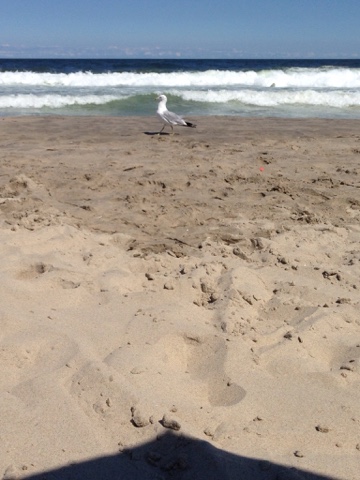But when he began to develop signs of memory failure and he began to depend more on me, I slid into the old behavior gladly. I was happy to be able to care for the man I loved so much. By being in a relationship with him I had grown so much. I was able to relax my cynicism, trust his support and bask in the fruits of letting him do what he wanted, which included cooking, planning vacations and treating me so well.
I denied the severity of his illness for a long time. I took charge of his wellness by providing vitamins, supplements, modifying our life style. I stretched his willingness to be helped to his limit.He was such a proud man, the best provider for me and for his children. Ultimately, he had no choice but to let me and others care for him. The balance in our marriage shifted.
Now he has left us and I am left with reevaluating my life choices. I see that I no longer want to slip into a caregiving role with anyone, not my adult children, not my grandchildren, not my friends who are growing more limited in their ability to join with me in what I want to do. I stand on the hilltop of my experiences with my children and grandchildren who walk the other way if I give a hint of a direction for them to take. From my experience with other caregivers, I see many things that could benefit those around me. I see who uses a cane, but would be more stable with a walker. I see whose memory is failing and could use perhaps a diagnosis or a change in life style. I see who is isolating and could use my help. Do I have to let them be free to do as they please?





